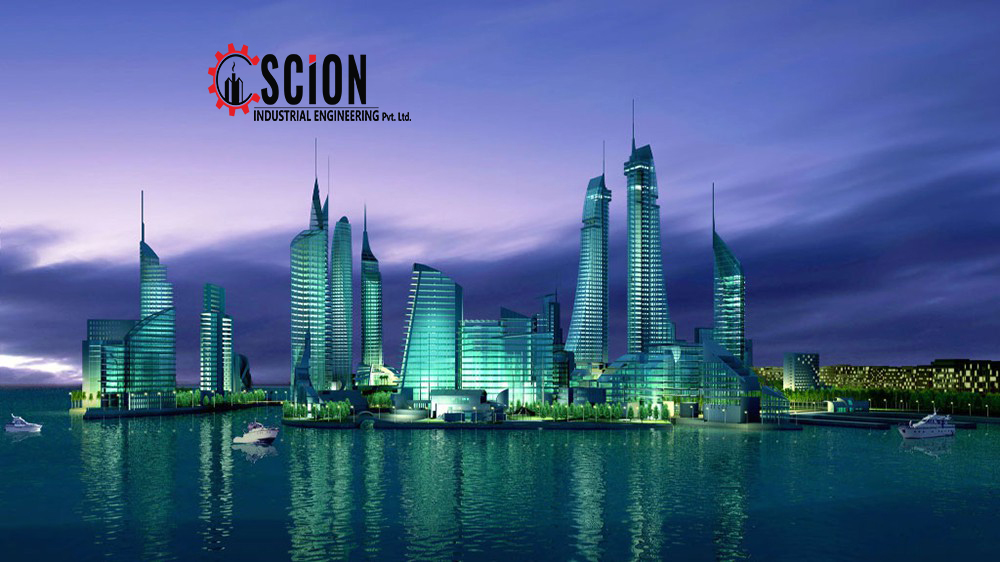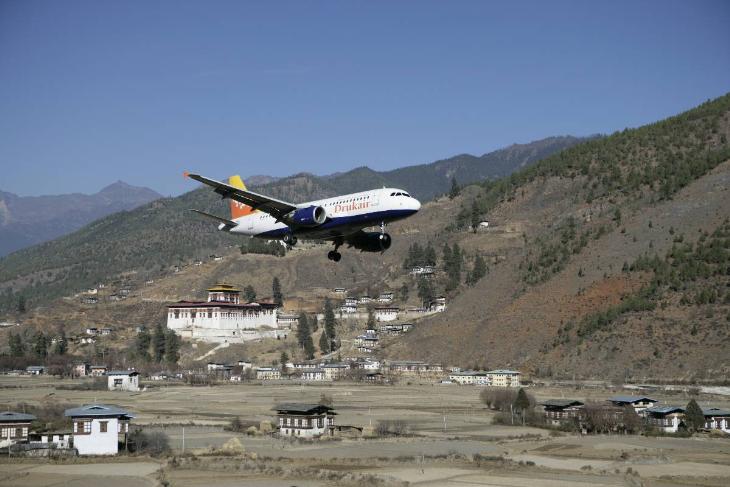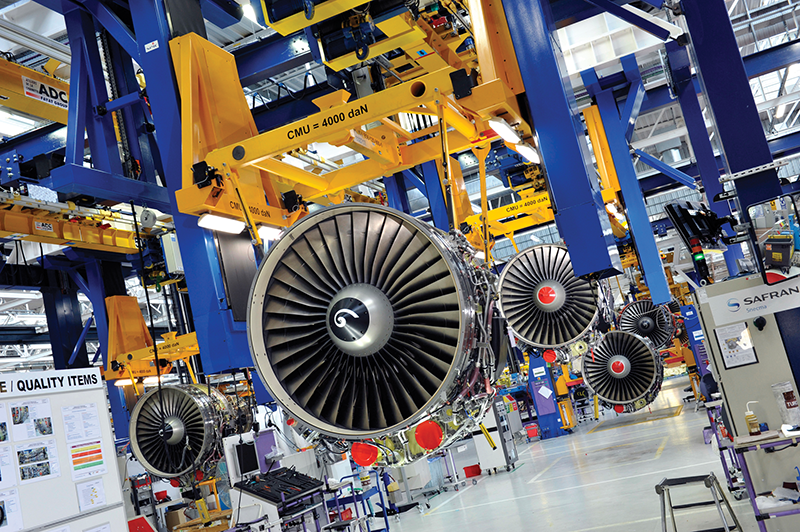Bangladesh has achieved an economic miracle over the past three decades, but it cannot afford to rest on its laurels now. To develop a garment industry from scratch and become the world’s second largest exporter of apparel is an achievement we all can celebrate, of course. But some caution is in order as the nature of the challenge for Bangladesh is changing.
Up until this point, the focus has always been on growth and jobs and this has necessitated large and steadily increasing export volumes. We have been extremely successful with this policy, regularly achieving annual rates of economic growth of 6-7 percent. The Bangladeshi economy has been one of the world’s fastest growing economies in recent years, lauded by such institutions as the World Bank. The ready-made garment sector has been the main driver of this growth.
Does the RMG industry need to continue expanding? Of course, it does, and the RMG export target of USD 50 billion is one we must continue to aspire to. Economic growth goes hand in hand with job creation, and our achievements so far have helped to lift millions of people out of poverty.
However, moving forward, more and more thought will need to be put into how we grow. The world of manufacturing is changing, and quite rapidly too. Many believe we are entering the Fourth Industrial Revolution. This era is likely to be marked by continued breakthroughs in emerging technologies in fields such as robotics, artificial intelligence, nanotechnology, quantum computing, the Internet of Things, fifth-generation wireless technologies (5G) and 3D printing.
This transition to wholly different new ways of working is both frightening and exhilarating at the same time. The temptation, when any new technology comes along, is to keep doing things the same way as before as investment in new technology is costly and takes time. However, apparel manufacturing businesses which don’t embrace these new ways of doing things risk losing ground to international competitors as we enter this brave new world.
The problem we face, and which we need to address, is that far too much of our apparel manufacturing base still looks similar to what it did several decades ago. Many apparel suppliers have struggled to embrace change. They continue to produce cheap, low-value, homogenous goods which are competing solely on price. That picture needs to change, otherwise Bangladesh will be left behind. Only by producing value-added goods will the suppliers be able to drive a harder bargain on price with their customers from the West.
The apparel manufacturing scene across the world is being changed by new technologies, with production becoming more global, automated, highly-skilled, infused with technology and more integrated with services. Our whole RMG sector—particularly Small and Medium Enterprises (SMEs)—face real challenges if they are to adapt rather than be left behind. Sewbot technology is in its relative infancy but it is improving at a rapid rate, and more technology players are entering this space.
One challenge that SMEs in Bangladesh’s apparel sector face is that they lack access to specialised services such as technology advisory services, R&D providers, skilled training providers, industrial service providers, specialist consultants and so on. Even if skilled workers and new technology are available, SMEs often lack organisational practices essential for using these inputs effectively.
Another question that we need to ask is whether our workers are ready for the technology revolution we are set to see. Automation is coming, whether we like it or not, but are our 4 million garment workers ready for it? Do they have expertise in coding? Of course, they don’t—not yet. Therefore, government-led training and upskilling initiatives are an absolute must moving forward. The RMG industry needs to upskill, from the shop floor through to management and board level. On the training and development front, the industry faces a huge undertaking.
More and more of our businesses need to explore production opportunities with added value. This is vital in order for our products to remain relevant in a world where people can wear a jacket that will check their temperature or take their heartbeat.
All of the above requires investment by apparel factories. Can they afford to do this? Many will mention the issue of pricing, suggesting that customers—brands—want digitisation but aren’t yet paying for it in terms of price.
One would go along with that, albeit with the caveat that prices paid by the brands are something which we, as manufacturers, have very little control over. For now, we need to focus on the things we can change—upskilling our workforce, investing in new technology. If we do that collectively, as an industry, pricing issues will look after themselves. The future is in our own hands.
Source:https://www.thedailystar.net/opinion/economics/news/bangladeshs-apparel-sector-ready-industry-40-1742011









